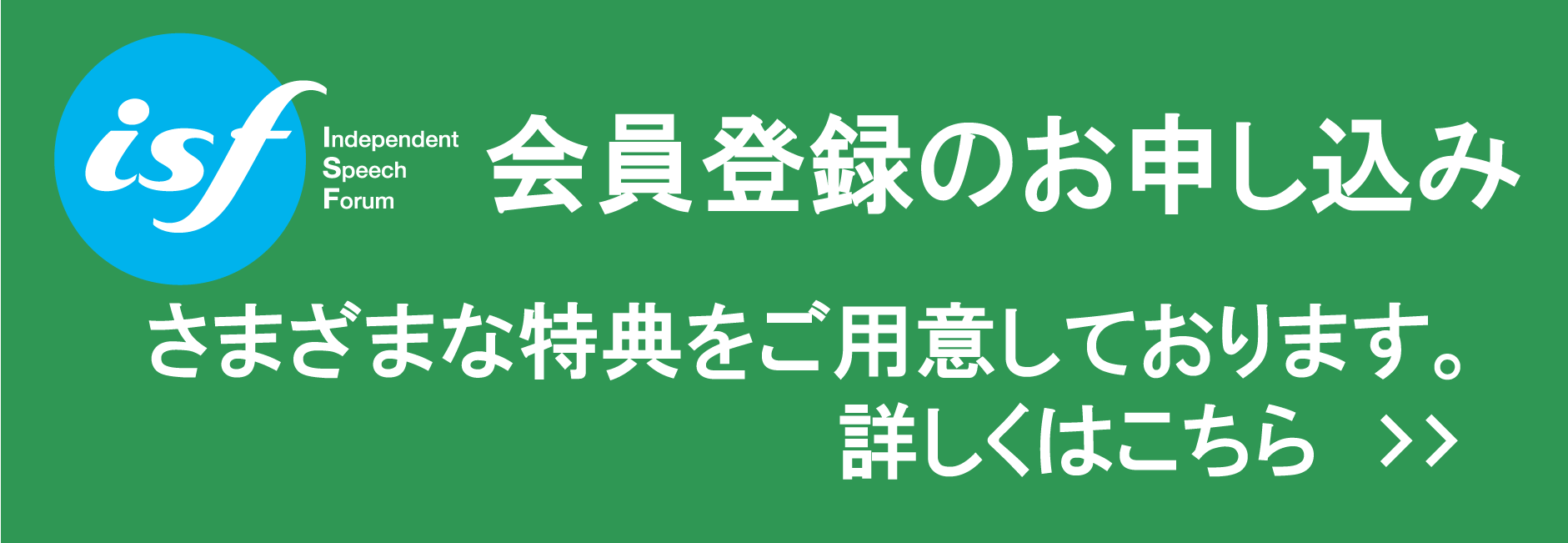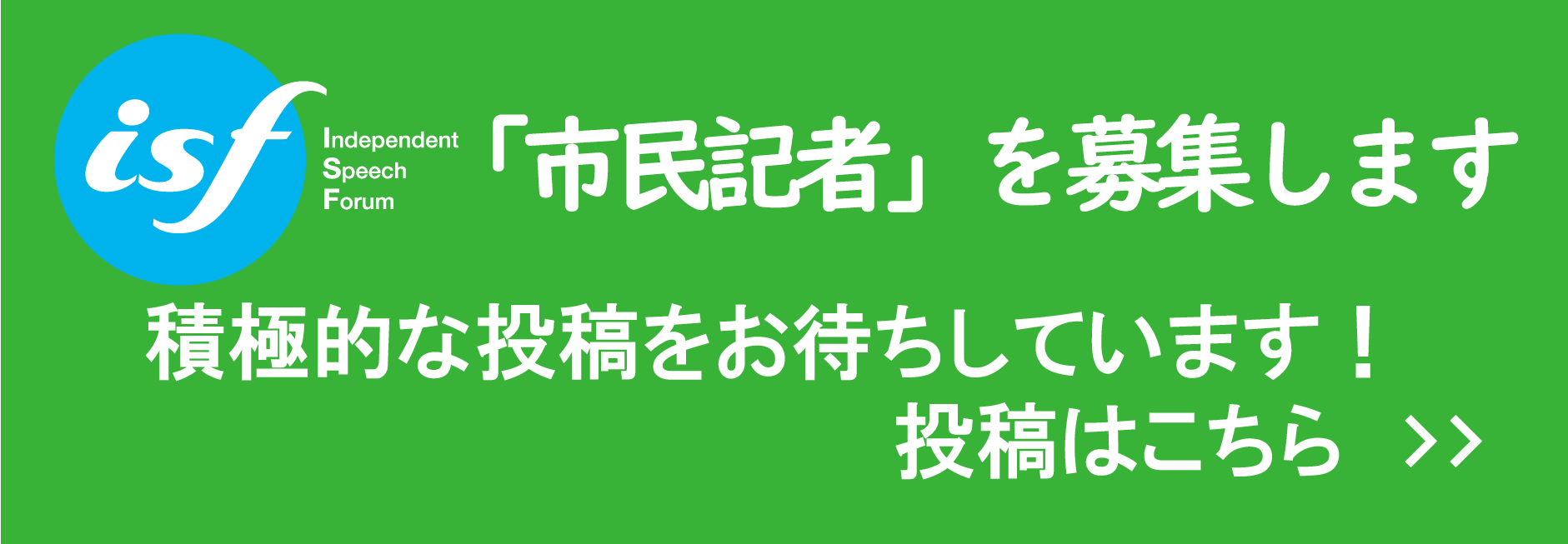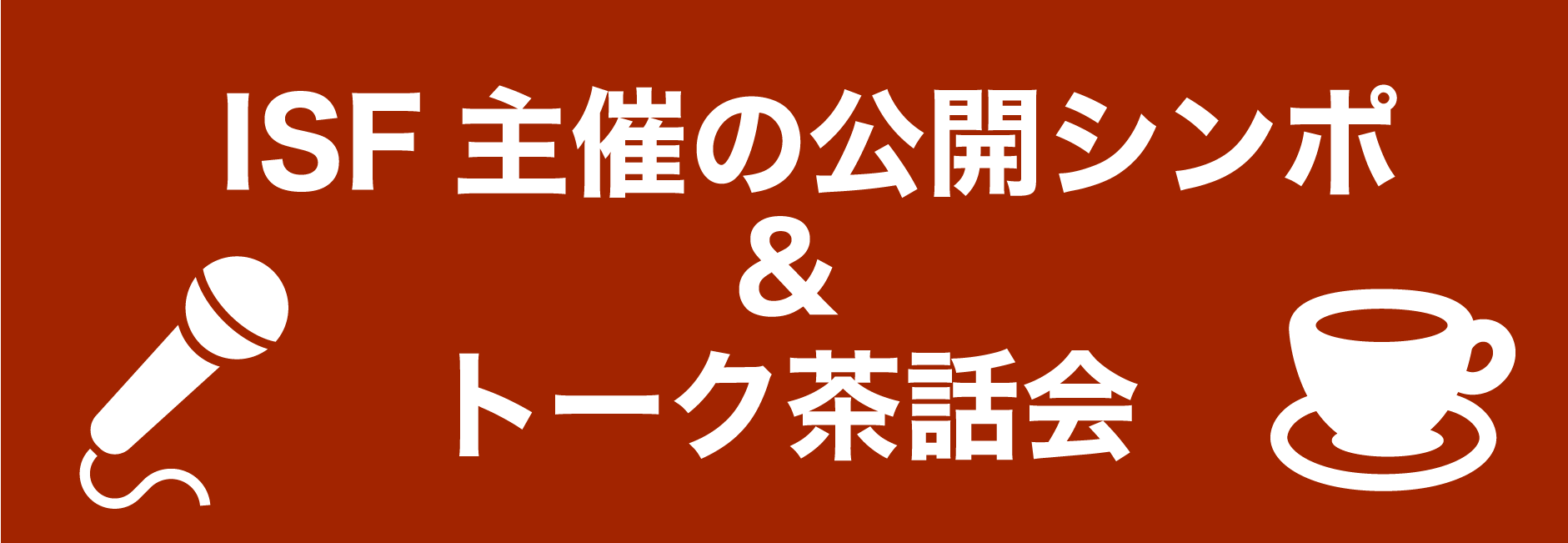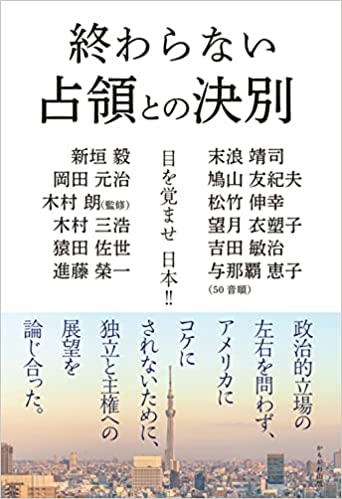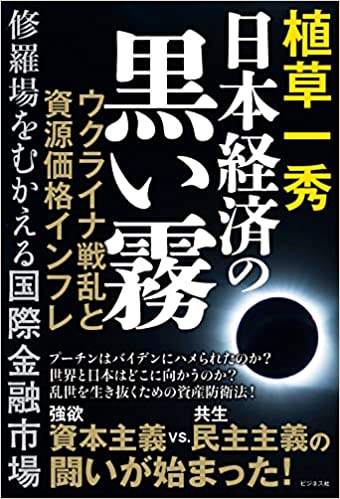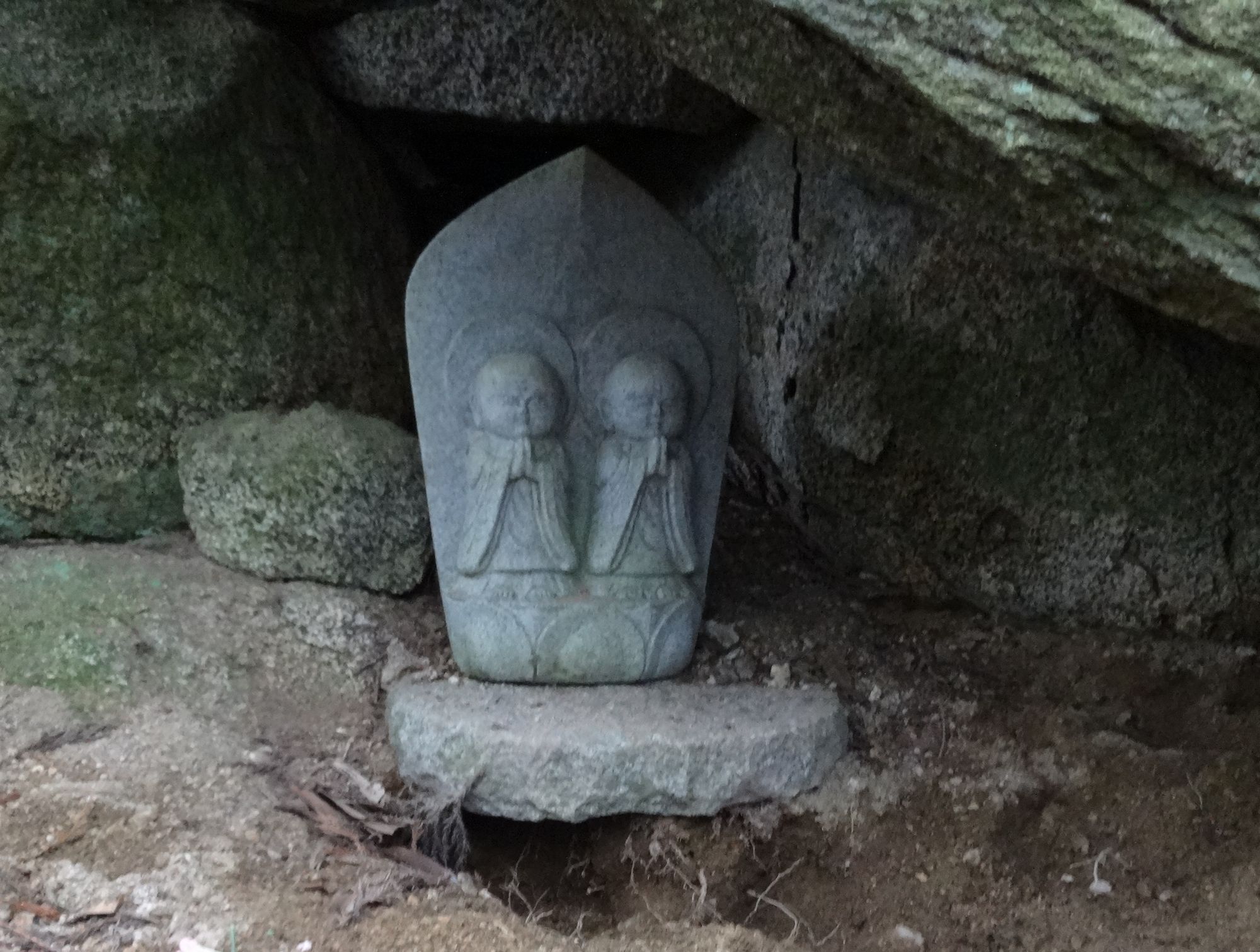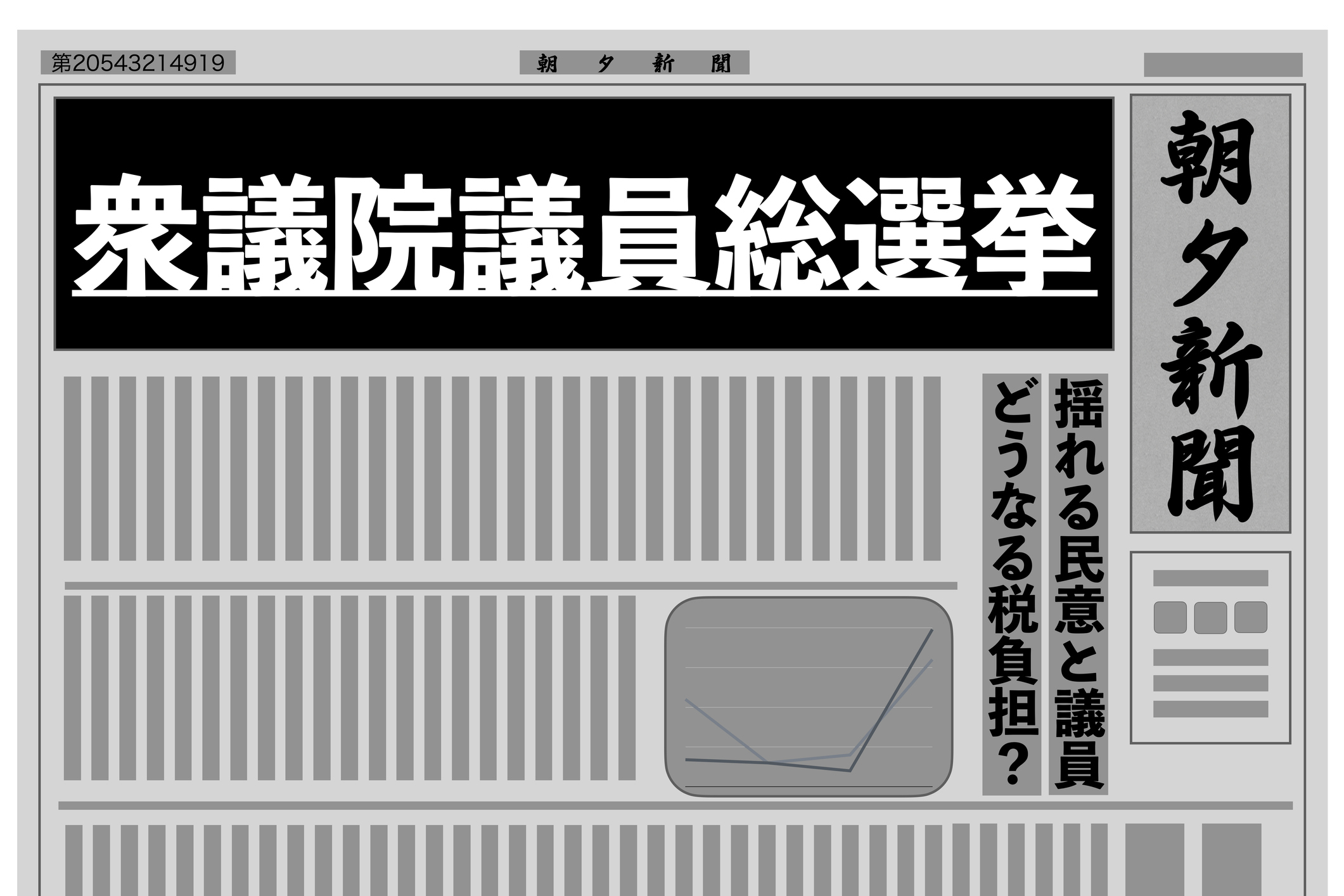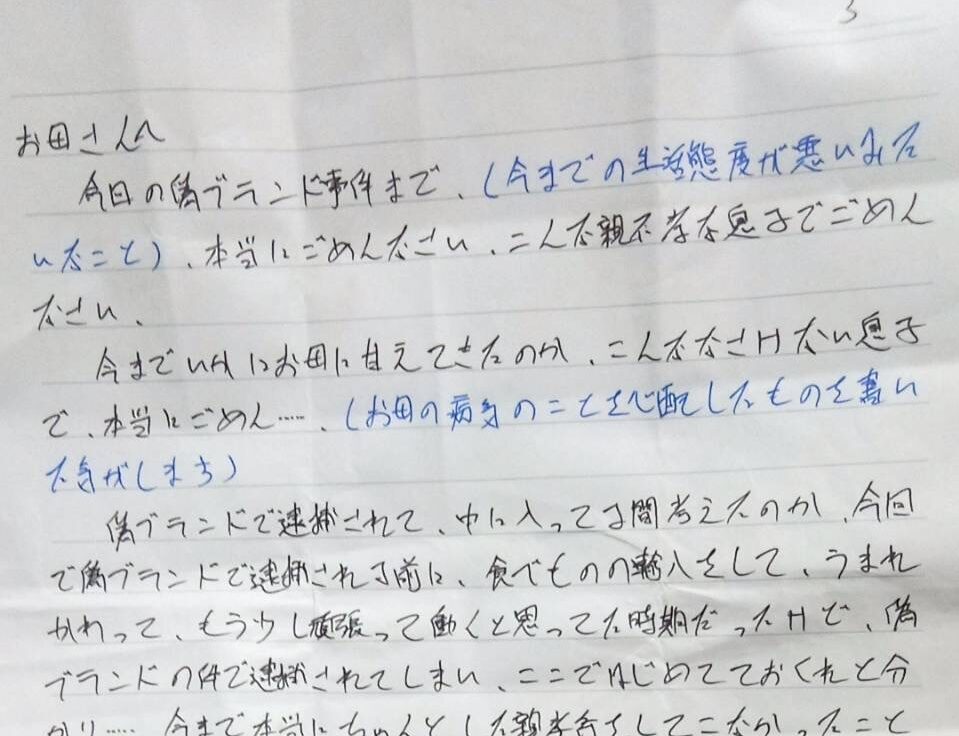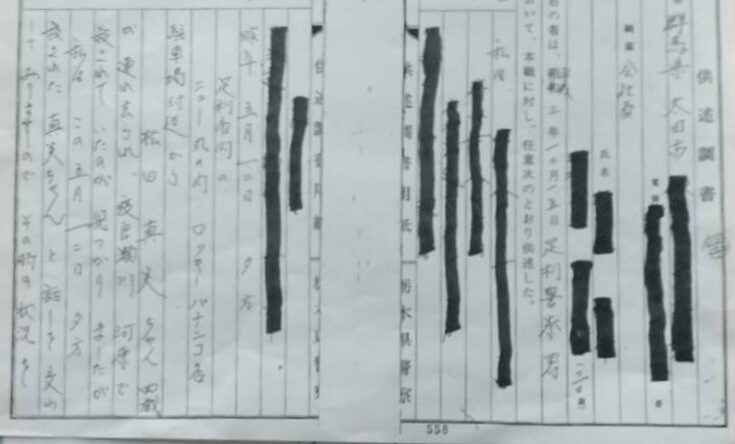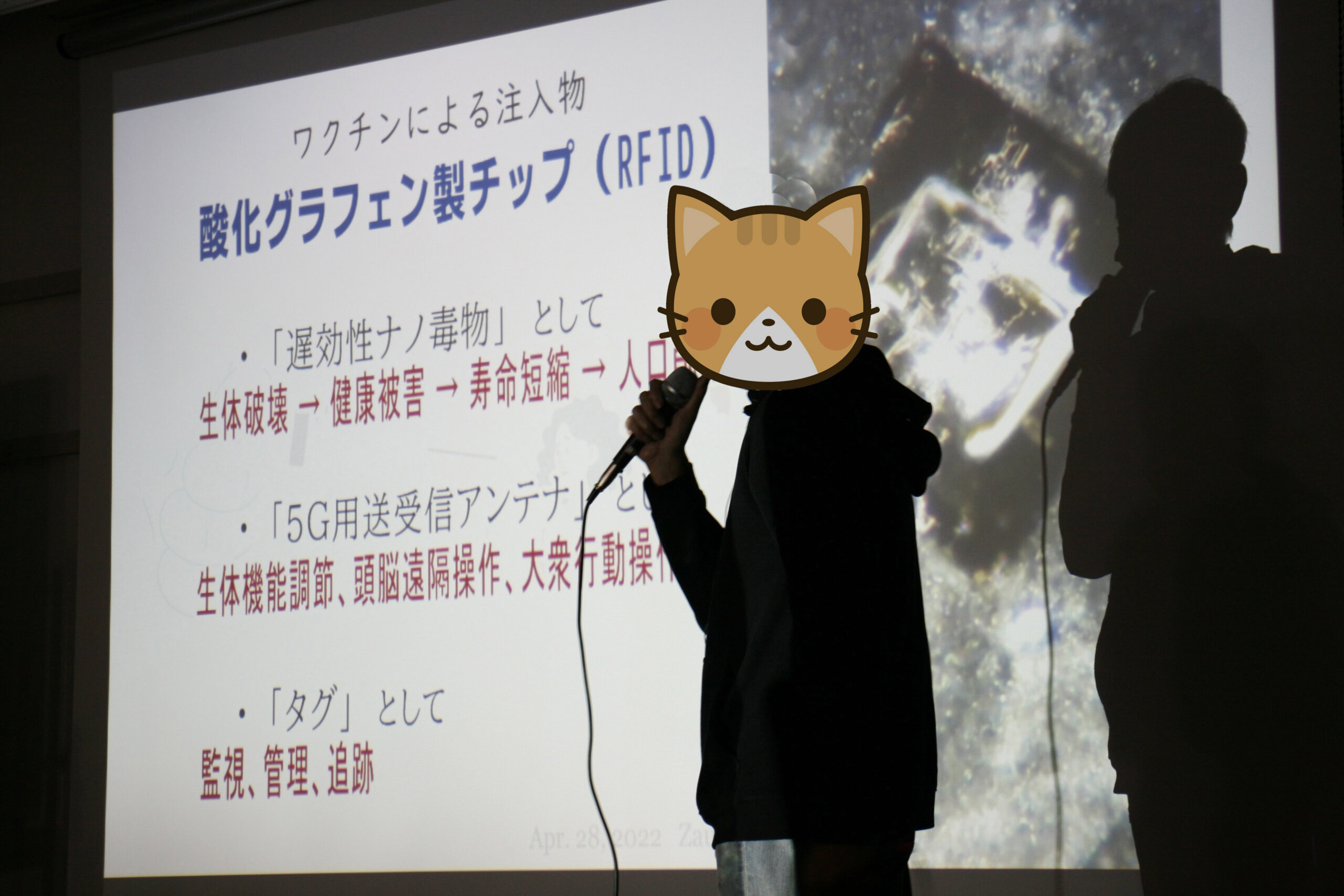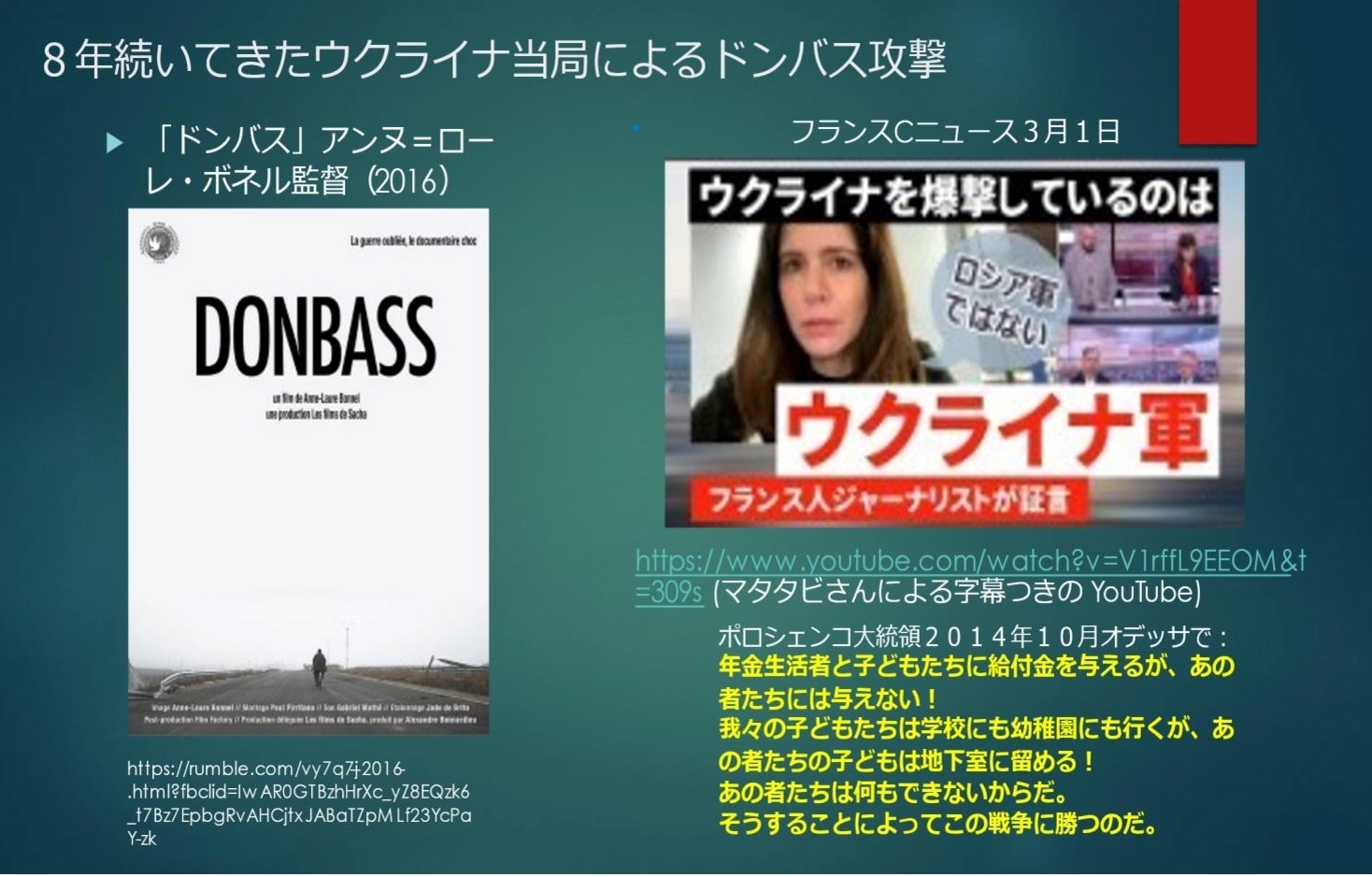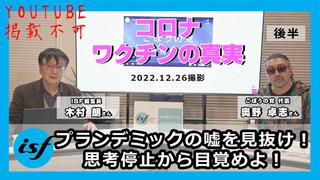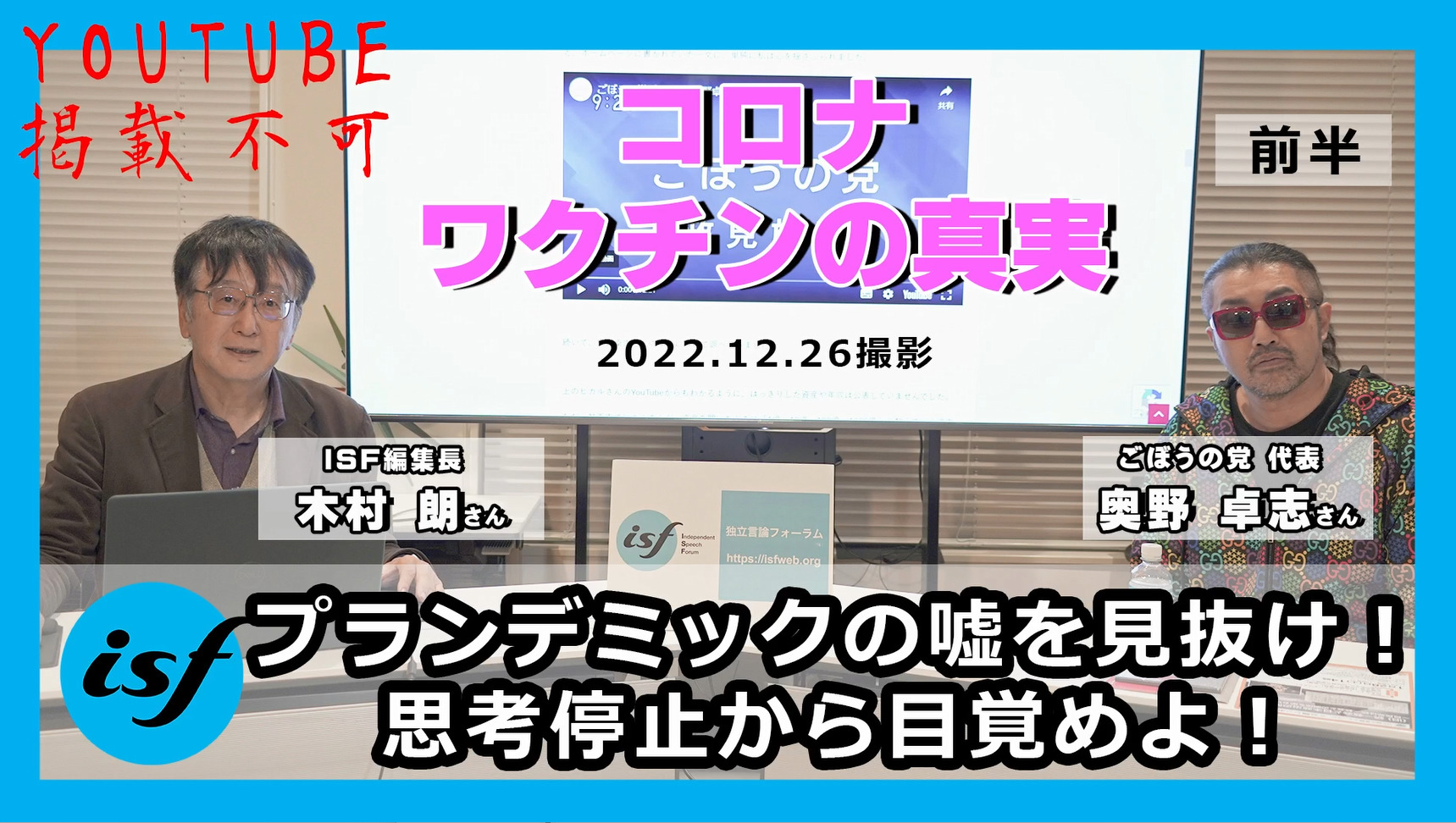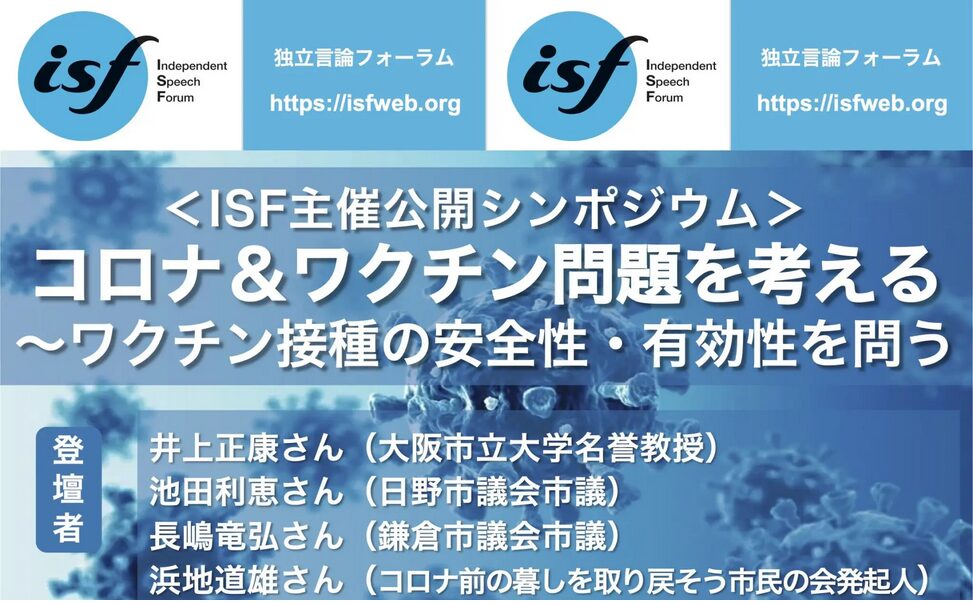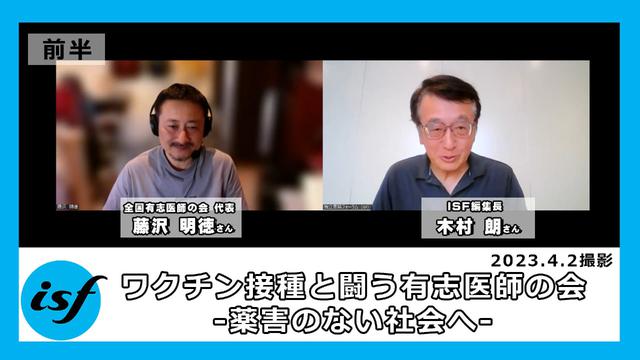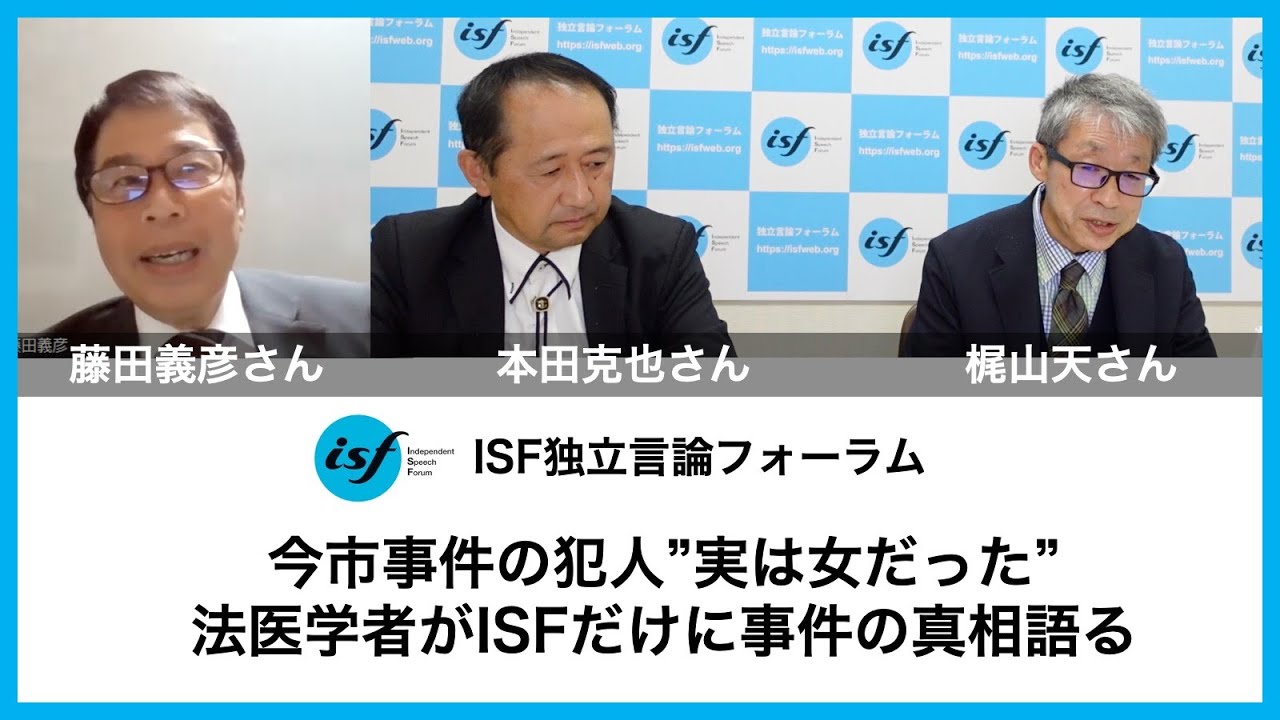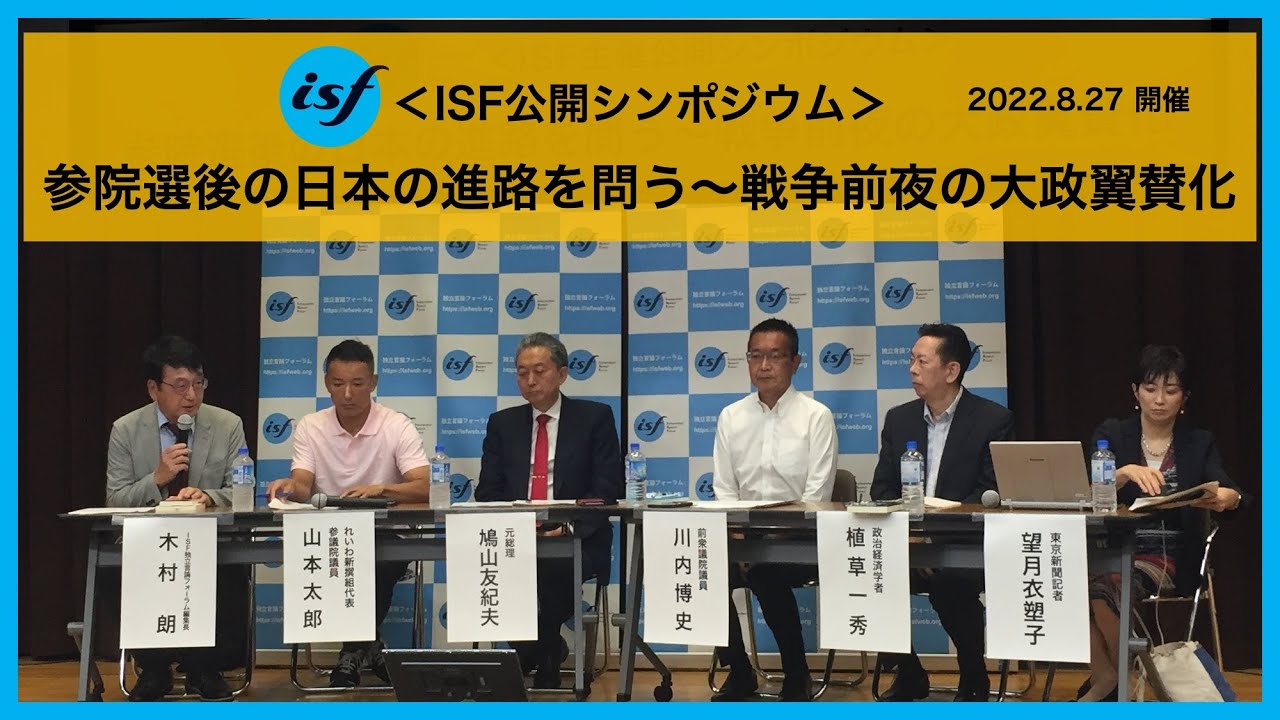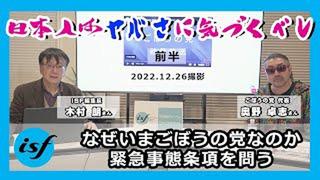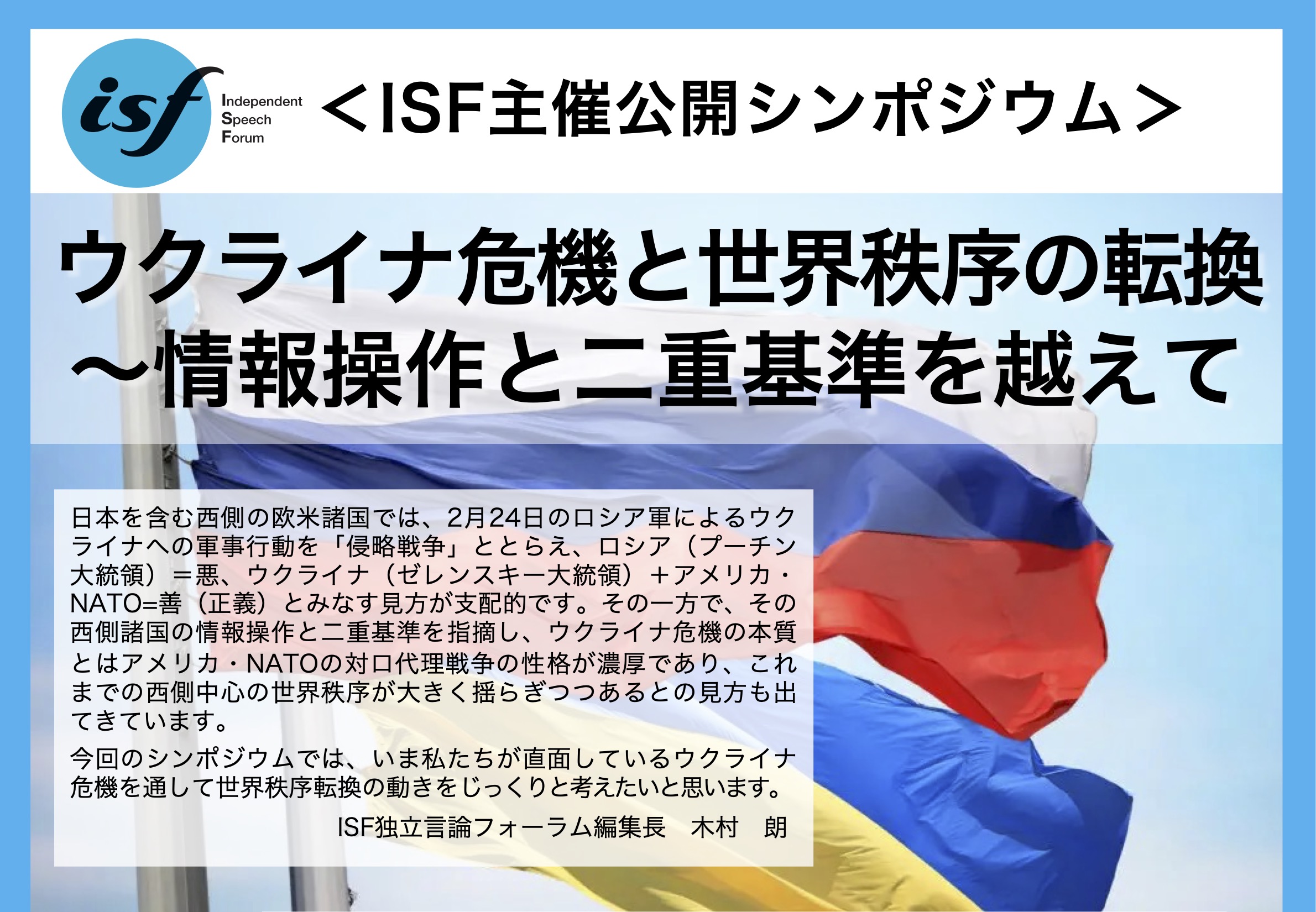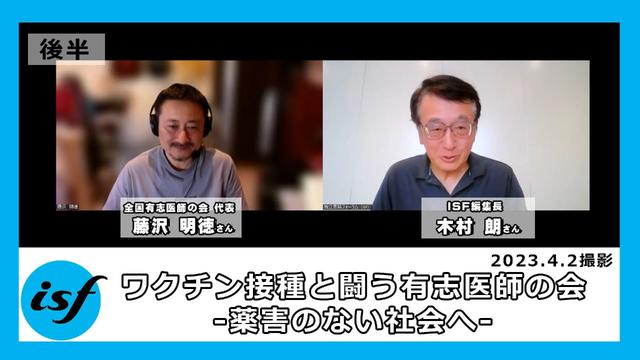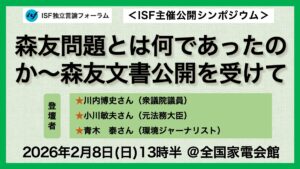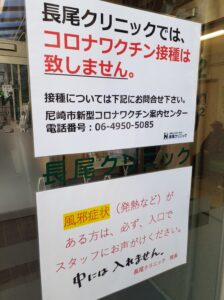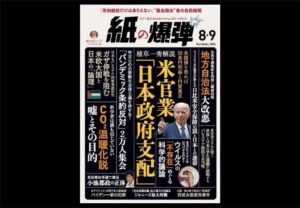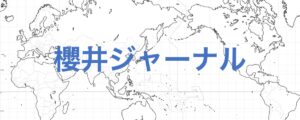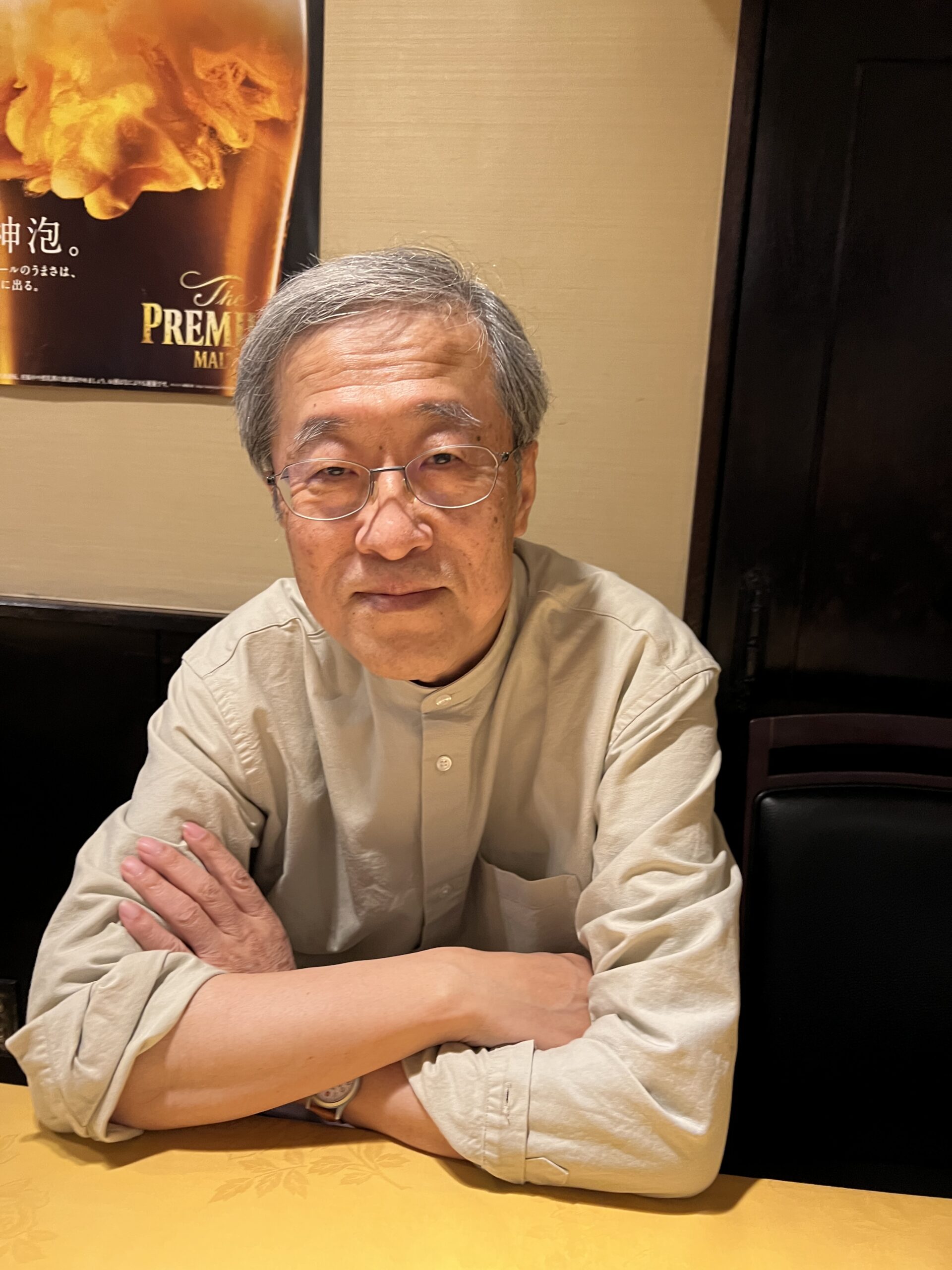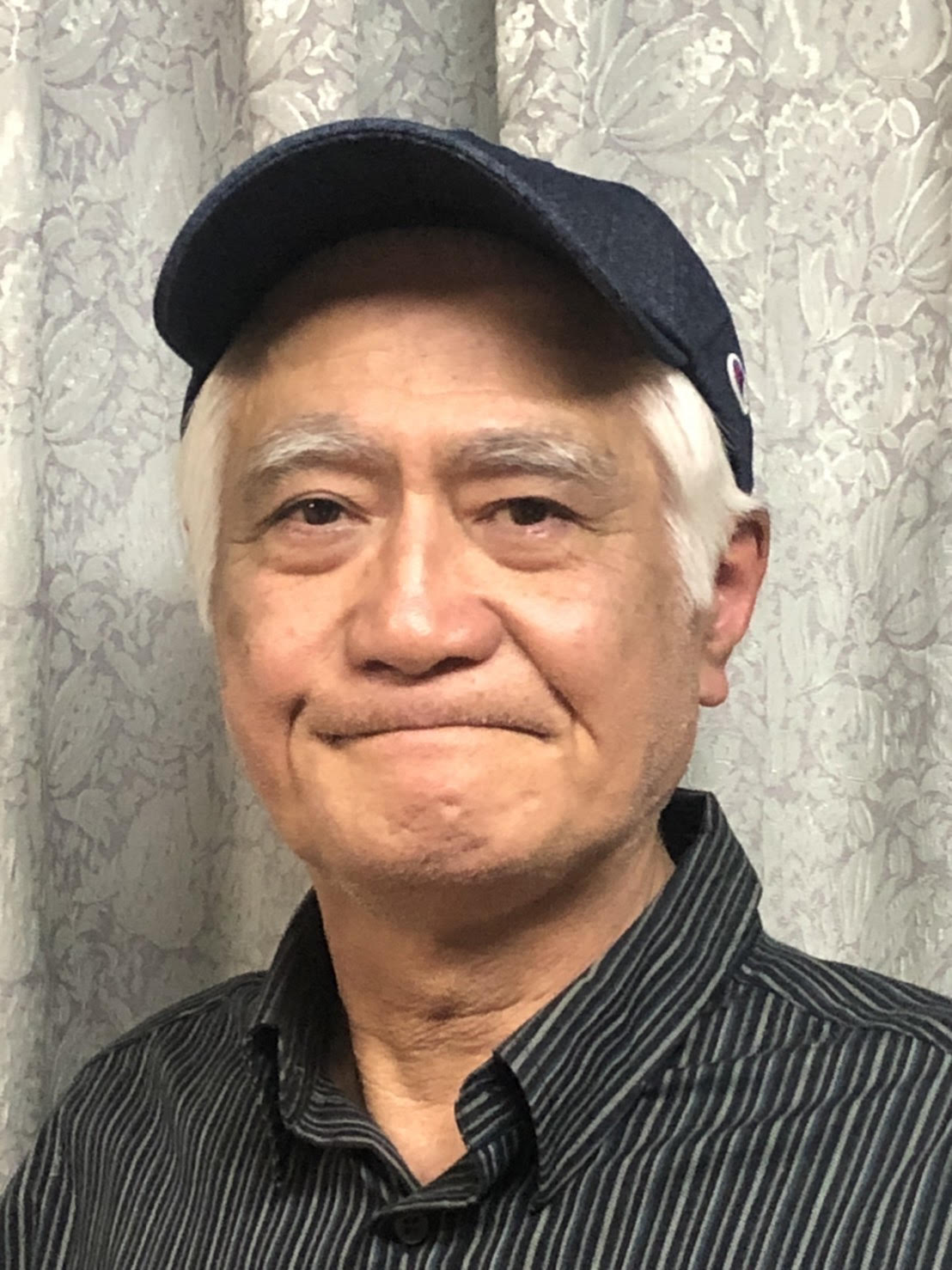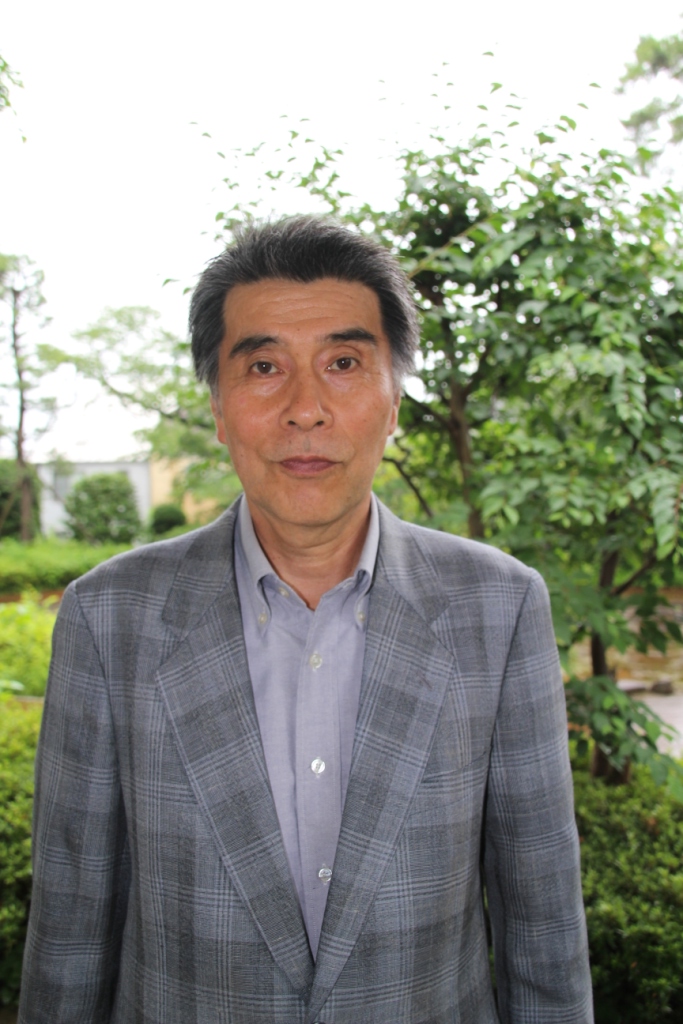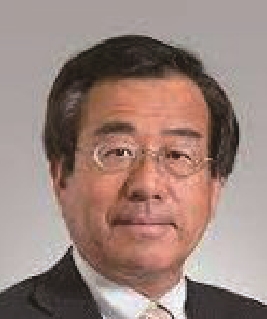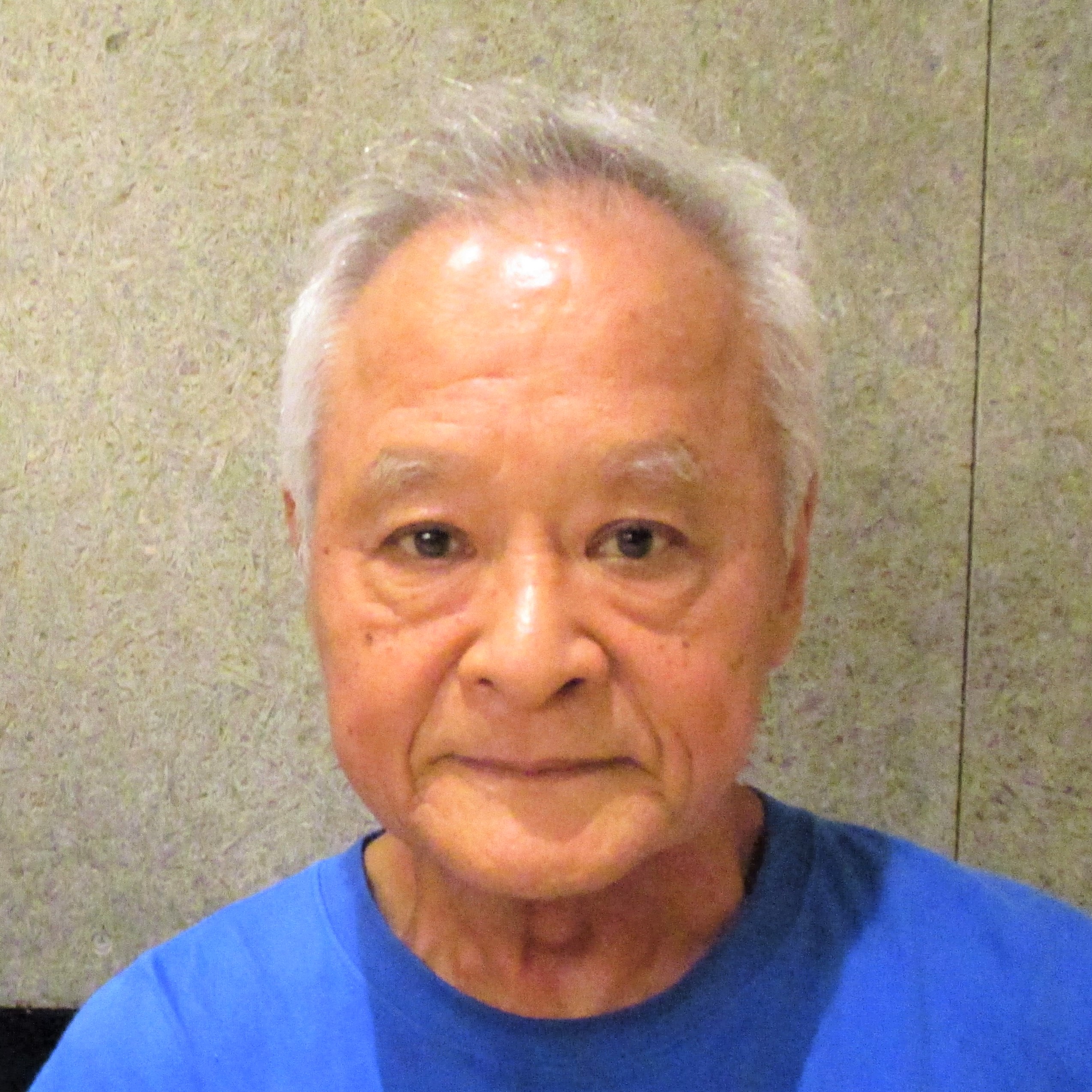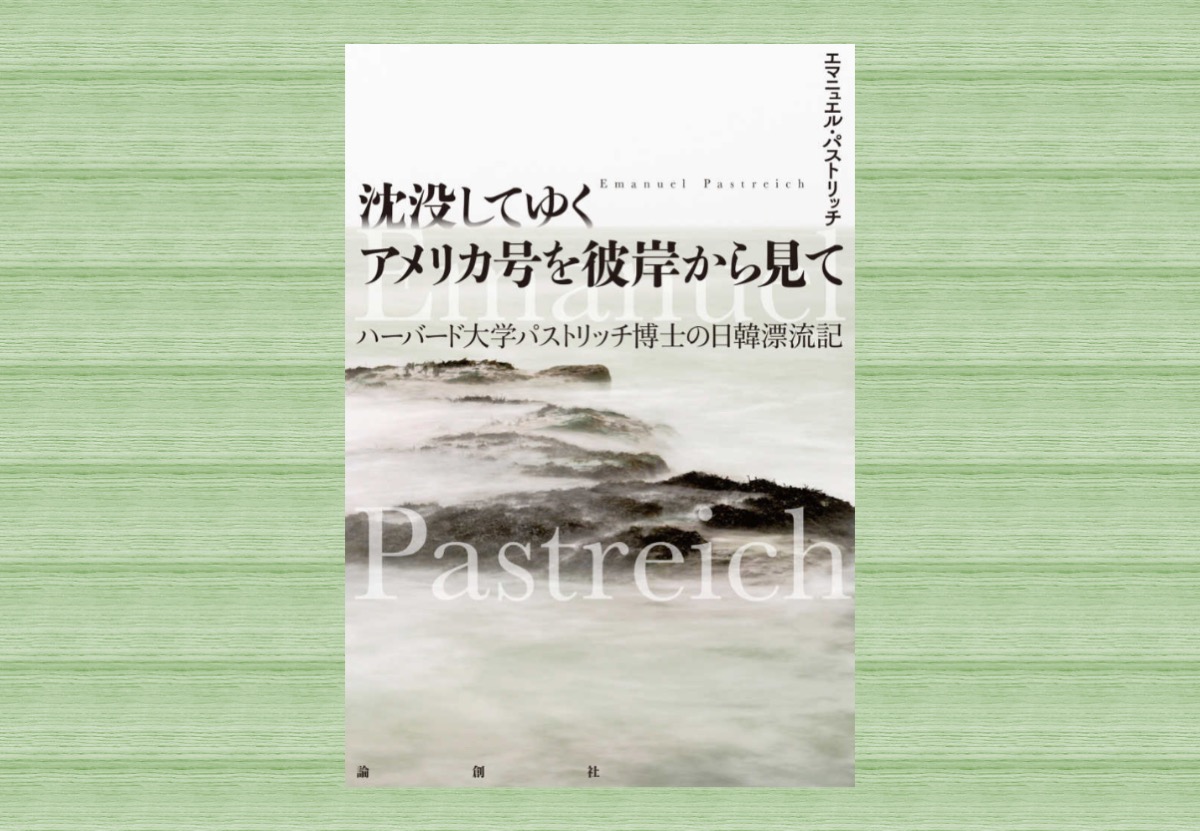
エマニュエル・パストリッチ博士(アジアインスティチュート理事長):日本はいまこそ「オペレーション・アインシュタイン」を実施すべきだ アメリカで起きている科学と教育に対する劇的な変化は、日本にとってチャンスである。
国際政治日本はいまこそ「オペレーション・アインシュタイン」を実施すべきだ
アメリカで起きている科学と教育に対する劇的な変化は、日本にとってチャンスである。
エマニュエル パストリッチ
https://note.com/emanuelprez/n/n81cbd853495e?sub_rt=share_pb
日本人は、アメリカの教育と研究の分野で現在起こっている破滅的な変化の規模と歴史的な意味を理解するのが遅れている。トランプ政権によるハーバード大学への攻撃と、連邦政府における基礎科学への資金支援の見直しのことである。科学、社会科学、人文科学の研究が前例のない脅威にさらされていることである。
多くのアメリカの知識人は、 この問題を深刻に受け止めている。
トランプ政権が行っている科学と教育に対する攻撃、具体的には教育省の公務員を解雇してその廃止の計画をすすめて、海洋学、気候学、農業の専門家の連邦政府からの大量解雇、政治的目的のための研究予算の差し控えなどの急激な政策転換は、近い将来、アメリカ、そして世界に壊滅的な打撃を与えるだろう。
このままでは、アメリカの大学、政府研究機関、さらには企業からの人材流出は避けられない。
しかし、あらゆる危機はチャンスでもある。もし日本政府が、日本における先端科学研究の発展、つまり世界トップクラスの教育・研究、芸術やその他の活動における専門家の支援を促進するための、長期的で強固な政策を策定し、人材の受け皿となるなら、日本の将来の発展にとって歴史的な機会を提供することになるだろう。
日本は、科学技術における長期的な政策を立案し、実施する能力において、先進国、特にG7のメンバーの中でもユニークである。また、自然科学分野では世界でも有数の高度な研究インフラを有し、政治色を排した奨学金制度も充実している。
日本の研究環境を長期的に発展させることは非常に重要である。同時に日本が目の前にあるチャンスをつかむためには、今すぐ動くことが必要だ。メキシコの作家カルロス・フエンテスが言ったように、「何も起こらない年があれば、何世紀にもわたって起こる年がある」のだ。
また、この危機がアメリカの枠をはるかに超え、イスラエルはもちろん、フランス、ドイツ、イギリス、イタリア、その他のヨーロッパ諸国にも影響を及ぼしていることを日本人が理解することも重要である。
欧米の方が進んでいると思いがちな日本人にはなかなかピンとこないかもしれないが、地政学的な状況が急速に変化している現在、日本が最高の学術・研究環境を提供している。このことは、アメリカ人学者である私が迷うことなく断言できる。
日本には安定した政治環境があり、政府は機能しており、責任感と教養のある公務員によって運営されている。
政府や政治の要職には、本当に専門知識を持った合理的なプレーヤーがおり、その政治的な姿勢も極端ではない。
アメリカでは重大な決定を下す数多くの政治家が、気候変動や進化論に対して公然と疑問を呈している。一方日本の政治家の大半は、学問や科学を尊重している。
日本は国民の識字率が高く、ほとんどの国民が欧米をはるかに凌ぐ科学と数学の基礎教育を受けている。つまり、日本の教授職だけでなく、ほとんどのレベルの労働者が数学と科学の基礎教育をうけているのである。
日本はアメリカが半導体の開発・製造に携わる有能な人材を探す際に直面してきたような苦労をすることなく、有能な人材を見つけることができるのである。
最近の危機の加速
アメリカの世界的な知識人、科学者、政策立案者、芸術家、実業家たちは、母国を離れて海外に移住する用意ができている。彼らは、現在アメリカで起きている大惨事を目の当たりにして、急速に考えを変えている。
4月25日にイェール大学から哲学者のジェイソン・スタンレー、歴史学者のティモシー・スナイダー、マーシ・ショアの3人の教授がカナダのトロント大学への移籍を決めたことは、急速に変化する状況の一例である。
トランプ政権は4月12日、ハーバード大学に宣戦布告し、連邦政府が同大学の中東とその他の研究を厳しく監視したり、教授と学生の発言を制限したりすることなど連邦政府が大学の経営に干渉する前例がないような要求をしたが、ハーバード大学の当局は即座にその要求を拒否した。このため連邦政府は研究予算を凍結し、ハーバード大学の非営利団体としての地位を剥奪すること、同大学の外国人学生や教員のビザを許可しないことなど脅した。アメリカの大学全体に衝撃が走った。
4月28日、ハーバード大学化学部のチャールズ・リーバー前学長が中国の清華深圳国際大学院(SIGS)に加わった。リーバーは、中国から倫理に反する支払いを受けたという非常に政治色の強い事件で起訴されていた。彼に対する容疑は薄弱だったが、この起訴は、多くのアメリカ人科学者を怯えさせた。
同じ4月28日、全米科学財団(NSF)に「追って通知があるまで、すべての資金提供を停止する」という命令が出された。つまり、その政府財団からの科学研究への資金援助がすべて打ち切られるということだ。
全米科学財団は、世界でも有数の基礎研究支援機関である。要するに、アメリカ政府は科学研究を打ち切ろうとしているのだ。
ヨーロッパは、反科学的になりつつあるアメリカの環境から逃れたいと願うアメリカの専門家たちに “学術亡命 “を斡旋し、彼らを引き入れる努力を始めた。欧州研究会議(European Research Council)は、EUに移住する研究者に対して提供する資金を倍増させた。この資金によって、大学がアメリカの研究者にビザを迅速に取得できるようになり、一流の学者を惹きつける多額の移転手当を提供でききるようになる。
カナダやヨーロッパはアメリカ人研究者に、アメリカと類似した環境や文化を提供できる。英語の使用も一般的である。
そもそも、今日のアメリカに見られる政治的過激主義、反知性主義、白人至上主義、長期的ビジョンの欠如は、ヨーロッパ、カナダ、オーストラリア、ニュージーランド、ドイツ、フランス、イスラエルにも現れている。
実際、イスラエルでは学問の自由への干渉が起きている。多くの点で、アメリカ以上ひどいといえる。
対照的に、日本は犯罪率が低く、勤勉で優れた習慣を持つ労働力があり、倫理的行動の伝統が強い。 学者の個人発言に対して政府と大学はさほど敏感ではない。
さらに、韓国、中国、台湾を加えた東アジア全体が世界の科学と教育の主要拠点へと急速に進化している。日本はアジアにあり、アジアは科学技術の中心地として、世界経済の中心地として、そして文明そのものの中心地として、浮き沈みの激しい時代にもかかわらず、台頭しつつある。活況を呈するアジアの経済や教育の中心地に近い日本の魅力は、ヨーロッパにはないものだ。
韓国や中国は活発で革新的だが、日本には歴史があり、文化の連続性を重視し、人文科学や芸術を驚くほど尊重している。
さらに、日本はG7の中で唯一のアジア国家として、優秀な人材を採用できるユニークな立場にある。アメリカ人やヨーロッパ人は日本文化に魅力を感じている。
これらすべての要因から、日本は研究・教育において比類なき環境である可能性があり、すでに100年以上前から基礎科学の研究生態において強固な基盤がある。世界で最も安定し、社会的に一体感のある国のひとつとして、日本の社会基盤は強固である。
オペレーション・アインシュタイン
1920年代、アメリカは科学や人文・社会科学の研究の中心地ではなかったことを忘れてはならない。ハーバード大学、イェール大学、プリンストン大学は、その当時は堅実な学校ではあったが、ヨーロッパの学校のような先端の学問には欠けており、戦後になってようやく卓越した伝統を身につけたのである。
アルベルト・アインシュタイン、ハンス・ベーテ、ジョン・フォン・ノイマン、レオ・シラード、ジェームズ・フランク、エドワード・テラー、ルドルフ・パイエルス、クラウス・フックスといった科学者たちは、アメリカを科学研究のリーダーにする責任を負い、技術や産業においてアメリカに優位性を与え、複数の分野で世界のリーダーにした。こうしたヨーロッパの専門家を採用することの重要性は、いくら強調してもし過ぎることはない。
トーマス・マンのような作家、マックス・エルンストのような芸術家、その他多くの技術専門家が、1930年代から1940年代にかけて不安定なヨーロッパからアメリカに渡り、そこでアメリカ人にインスピレーションと刺激を与えた。
その過程はまったくの偶然ではなかった。ロックフェラー財団は1933年に「脱退学者のための特別研究援助基金」を設立し、ヨーロッパの学者がビザを取得できるようにし、アメリカの大学で新たに創設された教職の給与を供与した。1940年までに214人の学者がアメリカに渡った。その後、ロックフェラー財団は「ヨーロッパ人学者のための緊急プログラム」を立ち上げ、より困難な状況下でさらに多くの学者を招聘した。その結果、12人のノーベル賞受賞者が誘致された。
現在、アメリカでは研究・教育への政府支援の急速な低下、信条を理由にした知識人に対する政治的キャンペーン、現代アメリカにおけるキリスト教ナショナリズムと白人至上主義が広がっている。
もし日本が優秀な人材を日本に招聘し、彼らを日本の大学、研究機関、企業、さらには政府に効果的かつタイムリーに統合するプログラムを立ち上げることができれば、日本にかつて無かった機会を提供することになる。
「アインシュタイン作戦」の具体的な手順
現在のアメリカ、そして欧州やイスラエルの危機は、1930年代から1940年代の欧州の政治的不安定とまったく同じではない。しかし、日本が一流の科学者、知識人、芸術家を日本に招聘するためのプログラムを迅速かつ効果的に立ち上げることができれば、多大な利益を得ることができ、高齢化が日本にもたらす課題を文化的・科学的ルネッサンスの機会に変えることができるかもしれない。
大切なのは、日本の指導者たちが、この目的のために政府、学術機関、産業界、その他市民社会のセクターの力を結集できるようなビジョンを推進することである。日本のオピニオン・リーダーは、外国の専門家を採用するというこのステップの重要性を意思決定者に納得させる必要がある
政治家は、各分野の第一人者がアメリカから日本に来れば、彼らは日本の専門家を育て 、資金だけでなく国際的なネットワークももたらすことを知る必要がある。そのような専門家たちは、アジア全体、そして世界を含む科学的・学術的協力のための新しいネットワークの中心に日本を据えるだろう。
まずは日本が、一流の教授や研究者、知識人や作家、政策や文化のリーダーなど、日本に招聘できる人物のリストを作成することだ。
東京大学は、国際的な専門家を採用するためのプラットフォームとなりうる「UTokyo College of Design」デザイン学部の計画を発表した。
しかし、大学によるその努力だけでは十分ではないし、焦点も定まっていない。
ロックフェラー財団が創設したようなプログラムであれば、教授や研究者、政策や文化の第一人者を日本に招き、日本を訪問してもらう。そこで、日本に拠点を置く具体的な計画について話し合えば、その後日本に移住することが実現するだろう。
日本政府は、これらの専門家が日本について学び、日本で資金や研究パートナーを見つけ、永住権や市民権を取得し、日本語を学び、日本での知的、科学的、文化的活動を支援する理想的な環境を整える機会を提供しなければならない。
日本の政策立案者や日本の大学の教授たちに、海外から専門家を招くことの重要性を納得させる必要がある。それは、平和と自由に対する日本独自の文化的貢献についてのビジョンを推進し、新しい国際的専門家がもたらす日本の将来の発展計画を明確にすることによってのみ可能である。
海外の専門家たちを日本に呼び寄せ、日本文化に適応させ、日本語を習得させ、日本人と緊密なネットワークを素早く形成させるといった問題は、歴史の重要な局面で専門家を日本に呼び寄せる上で決定的な意味を持つかもしれない。
最後に、日本への一流の専門家の招聘は、主に給与や研究予算が問題なのではない。ほとんどの学者は、給料を上げたいから日本に来るのではなく、学問の自由と健全でダイナミックな文明環境を切望しているのである。このようなプロジェクトを成功させるためには、日本は科学と学術の未来がどうあるべきかについて明確なビジョンを示す必要がある。アメリカやその他の国から最高の 、優秀な人材を採用するための日本の「アインシュタイン作戦」は、何よりも倫理観と価値観、文化と人間性の尊重、そして日本とその強力な文明についてのものであるべきだ。
※英語版
Operation Einstein:
Is the dramatic turn against science and education in the United States an opportunity for Japan?
Emanuel Pastreich
Although Japanese have been slow to grasp the scale of, and the historical significance of, the catastrophic shifts taking place in education and research in the United States today, for serious intellectuals in America, the attack of the Trump administration on Harvard University and the stripping down to the bone of funding for basic science in the federal government has made it clear that research in the sciences, the social sciences and humanities face an unprecedented threat.
The dangers of the current war on science and education in the United States are best represented by the abolition of the Department of Education, the mass firing of experts in oceanography, climatology, and agriculture from the federal government, and the withholding of budgets for research for political purposes. These radical shifts in policy will have catastrophic impact on the United States, and the world, in the near future.
At the same time, every crisis is an opportunity. If Japanese can formulate a long-term and robust policy to promote the development of advanced scientific research in Japan in specific, and for world-class education and research in general, and for support experts in the arts and other activities as well, the current exodus from American universities, government research institutes, and even corporations could offer historic opportunities for Japan’s future development.
Japan is unique among advanced nations, specifically members of G7, in its ability to formulate and implement long-term policy in science and technology. It has one of the world’s most sophisticated infrastructure for research in the natural sciences and amble funding for scholarship that is not politicized.
The long-term development for Japan of scholarship and research for Japan will be critical, but it is also essential that Japan move very quickly to seize the current opportunity. As the Mexican writer Carlos Fuentes put it, “There are years when nothing happens and years in which centuries happen.”
It is also critical for Japanese to understand that the crisis extends far beyond the United States, impacting above all Israel, but also France, Germany, Great Britain, Italy, and other European countries. Although it is not readily apparent to Japanese who are accustomed to assuming that the West is more advanced, as an American academic I can state without hesitation that Japan offers the best academic and research environment at this moment in a quickly transforming geopolitical landscape.
Japan has a stable political environment, a government that is still functional and run by responsible and educated public officials. It has rational players with real expertise in key positions in government and politics and the content of its politics is not extreme. In fact, unlike the United States where climate change and evolution are being openly questioned by numerous politicians who make critical decisions, most Japanese politicians respect scholarship and science.
The population of Japan has a high level of literacy and most citizens have received basic training in science and mathematics that goes far beyond what is found in the West. That means that qualified people can be found not only for professorships in Japan but for most levels of research and development without any of the hardship that the United States has faced when looking for qualified people to work in the development and manufacture of semiconductors.
The recent acceleration of the crisis
World-class intellectuals, scientists, policy makers, artists, and businessmen in the United States are ready to leave their homeland and to settle abroad, perhaps permanently, if a supportive environment is available. They have rapidly changed their opinions in light of the current catastrophe unfolding in the United States.
The decision of three professors from Yale University on March 25, philosopher Jason Stanley and historians Timothy Snyder and Marci Shore, to move to Canada’s University of Toronto, is but one example of the rapidly shifting landscape.
When the Trump administration declared war on Harvard University on April 12, demanding complete control over large sections of the university’s internal administration, and then froze its research budgets, threatened to remove its non-profit status, and took steps to deny its foreign students and faculty visas when Harvard’s administration did not immediately conform, a chill ran across America’s universities.
On April 28, Charles Lieber, former chair of Harvard University’s chemistry department, joined Tsinghua Shenzhen International Graduate School (SIGS) in China. Lieber had been charged with accepting unethical payments from China in a highly politicized case. The case against him was flimsy, but it frightened many American scientists.
Just a few days later, on April 28, orders went out in the National Science Foundation (NSF) to “stop awarding all funding actions until further notice.” That means that all funding from that government foundation for science research is being cut off. The National Science Foundation is one of the greatest supporters of basic research in the world. In essence, the United States government is shutting down scientific research.
Europe has started efforts to recruit American experts who wish to escape the increasingly anti-scientific environment in the United States by offering to them “academic asylum.” The European Research Council doubled the funding it offers to researchers to move to the European Union. That effort is supported by policies that allow universities to fast-track visas and to offer large relocation stipends that attract top scholars.
Nevertheless, although Canada and Europe offer American researchers a similar culture, and the use of the English language is common there, there are reasons to believe that Japan may have an advantage in recruiting top people to its universities, research institutes and corporate development centers from the United States—but only if it has a strategy.
To start with, the political extremism, anti-intellectualism, white nationalism, and lack of long-term vision that is found in the United States today is also appearing across Europe, Canada, Australia and New Zealand, Germany, France, and Israel.
In fact, the end of academic freedom in Israel is in many respects as bad as in the United States and Israel offers tremendous opportunities to recruit top people.
By contrast, Japan has a low crime rate, a hard-working work force with excellent habits and a strong tradition of ethical behavior. Japanese have extremely high levels of proficiency in math and science, not only among professors, but also among working people, that makes it possible to recruit help for scientific research projects locally in a manner that is not possible in Europe or Canada.
Moreover, East Asia as a whole, if you add South Korea, China, Taiwan are rapidly evolving into the major hub for science and education for the world. Japan is in Asia and Asia is emerging as the center for science and technology, for the global economy, and for civilization itself, despite all the ups and downs of the current moment. Japan’s proximity to the booming economies and educational hubs of Asia is something that Europe cannot offer.
Although South Korea and China are bustling and innovative, Japan has a sense of history, stresses cultural continuity, and it respects the humanities and the arts to a remarkable degree.
Moreover, Japan, as the only Asian nation in G7, is in a unique position to recruit the best and the brightest. Americans and Europeans are attracted to Japanese culture.
All of these factors make Japan, potentially, an unparalleled environment for research and education, and it already has a strong foundation in research in basic science dating back over a hundred years. As one of the most stable and socially cohesive nations in the world, Japan’s social foundations are solid.
Operation Einstein
It is important to remember that the United States was not the center for research in the sciences, or in the humanities and social sciences, in the 1920s. Harvard, Yale, and Princeton were solid schools back then, but they lacked the intellectual rigor of European schools, and only acquired a tradition of excellence in the post-war period.
The United States achieved an absolute advantage in basic research by recruiting the best scientists from Europe during the rise of fascism in the 1930s and 1940s, The scientists who came, like Albert Einstein, Hans Bethe, John von Neumann, Leo Szilard, James Franck, Edward Teller, Rudolf Peierls, and Klaus Fuchs were responsible for making the United States a leader in scientific research and gave advantages to the United States in technology and industry that made the United States a world leader in multiple fields. The importance of recruiting those European experts cannot be overemphasized.
So also, writers like Thomas Mann, artists like Max Ernst, and many other technical experts made their way to the United States from an unstable Europe in the 1930s and 1940s where they inspired and stimulated Americans.
That process was not entirely an accident. The Rockefeller Foundation set up in 1933 a “Special Research Aid Fund for Deposed Scholars” that made it possible for scholars in Europe to get a visa, and that supplemented the salary for the newly created teaching positions at American universities. 214 scholars were brought over to the United States by 1940. After that date the Rockefeller Foundation set up an “Emergency Program for European Scholars” to bring even more scholars under more challenging circumstances. Among those brought to the United States were twelve Nobel Prize winners.
The rapid decline in government support for research and education in the United States, the political campaigns against intellectuals for their beliefs, the spread of Christian nationalism and white supremacism in contemporary America, offers Japan an unprecedented opportunity if it can recruit the best and the brightest to come to Japan, and can set up programs that will integrate them into Japanese Universities, research institutes, corporations, and even into government in an effective and timely manner.
Concrete steps for “Operation Einstein”
The current crisis in the United States, and in Europe and Israel as well, is not identical to the political instability in Europe in the 1930s and 1940s. The similarities, however, are sufficient that if Japan can quickly and effectively set up programs for recruiting leading scientists, intellectuals, and artists to Japan, it could reap tremendous benefits and maybe even turn the challenges posed for Japan by an aging population into an opportunity for a cultural and scientific renaissance.
Part of the problem is promoting a vision on the part of Japanese leaders so that they can bring the power of government, academic institutions, industry and other sectors of civil society together for this purpose. That requires Japanese thought leaders to convince the decision makers of the importance of this step of recruiting foreign experts.
Politicians need to know that if leading figures in their fields come to Japan from the United States they will train Japanese experts, and they will bring with them their international networks, including funding. Those experts will place Japan at the center of new networks for scientific and academic collaboration that will include all of Asia, and the world.
The first step is for Japan to create a list of individuals who could be recruited to Japan that includes leading professors and researchers, intellectuals and writers, and leaders in policy and culture.
Tokyo University has announced plans for a College of Design that could be a platform for recruiting international experts. That effort by a university alone is not sufficient, and not focused.
A program like that created by the Rockefeller Foundation could bring professors and researchers, leading figures in policy and culture to Japan to visit and to discuss concrete plans to set up a base in Japan, and then to move to Japan.
Japan must provide opportunities for these experts to learn about Japan, to find funding and research partners in Japan, to get visas or citizenship, to learn Japanese language, and to create an ideal environment that supports their intellectual, scientific, and cultural activities in Japan.
It will be necessary to convince Japanese policy makers, and faculty at Japanese universities, of the importance of bringing in these experts from abroad. That can only be done by promoting a vision of Japan’s unique cultural contribution to peace and freedom, and articulating a plan for Japan’s future development which those new international experts will bring.
Issues like bringing children to Japan and helping them to adjust to Japanese culture, to learn Japanese language, and quickly to form close networks with Japanese may be decisive in bringing experts to Japan at this critical moment in history.
Finally, recruiting top experts to Japan is not primarily about salaries and research budgets. Most scholars will come to Japan not because they want to be paid better, but because they crave academic freedom and a healthy and dynamic civilization. In order for such a project to be successful, Japan should articulate a distinct vision for what the future of science and scholarship should be. A Japanese “Operation Einstein” to recruit the best and the brightest from the United States, and elsewhere, should be above all about ethics and values, about culture and respect for humanity, and about Japan and its powerful civilization.
★ISF(独立言論フォーラム)「市民記者」募集のお知らせ:来たれ!真実探究&戦争廃絶の志のある仲間たち
※ISF会員登録およびご支援のお願いのチラシ作成しました。ダウンロードはこちらまで。
ISF会員登録のご案内
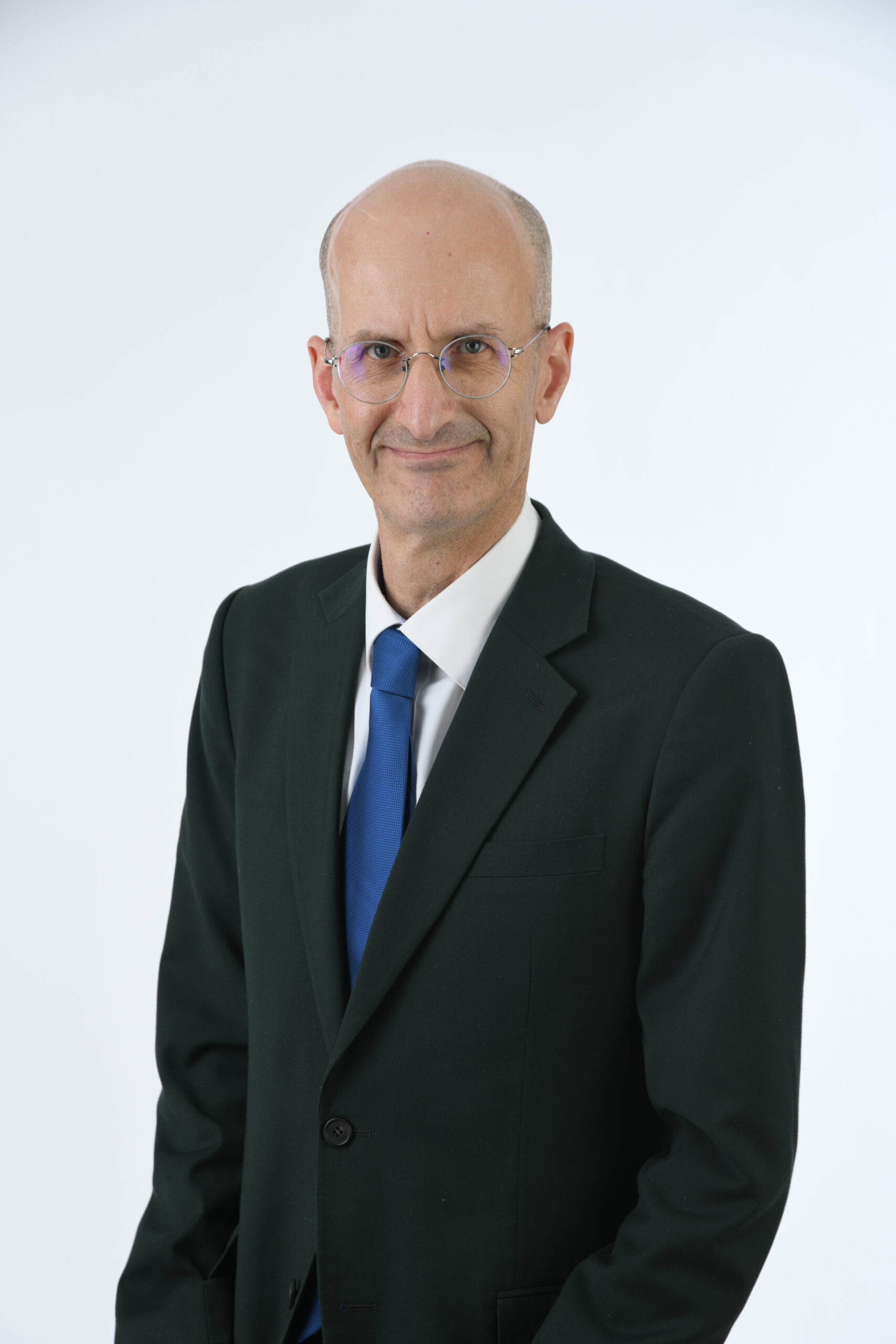 Emanuel Pastreich(エマニュエル・パストリッチ)
Emanuel Pastreich(エマニュエル・パストリッチ)
ワシントンDC、ソウル、東京、ハノイにオフィスを持つシンクタンクであるアジアインスティチュートの会長を務めました。パストリッチは、未来都市環境研究所の所長も務めています。パストリッチさんは、2020年2月に、米国大統領の立候補を独立者として宣言し、2024年にも立候補しています。





